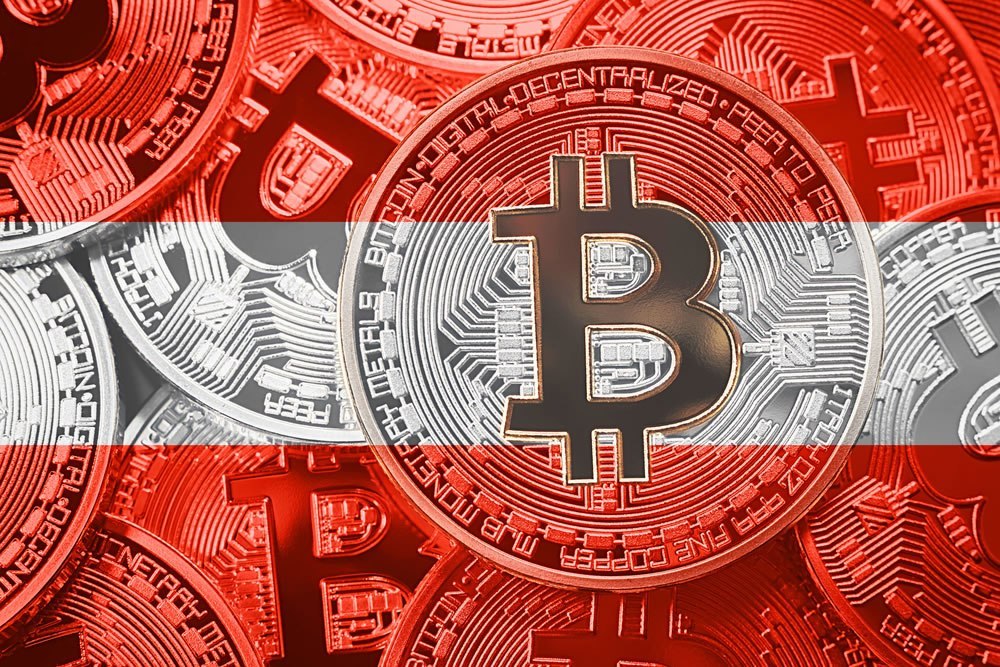The Bitcoin forces us to dust off the old books of the Economy of Austria in order to understand its full potential. The economy of Austria, it is a school of economic thought heterodox, which is based on methodological individualism. Despite the different points of view on economic policy that can have the austrians, the austrian school tends to be seen as “the economic theory of the free market”. In fact, one of the principles of the austrian school is the sovereignty of the consumer, that is to say a free market without government interference. During their participation in laBITconf, Aaron Koenig and Max Keiser expressed that they look up to some of the critics of the economy of austria because they are very revealing. In this way, the categorized as hard critics of the central banks (like the Federal Reserve System of the united States). Economists austrians can also be very critical of the banking fractional reserve, the practice of lending money at a greater amount than the amount of deposits. For these reasons, we might expect that economists, austrians are enthusiastic supporters of Bitcoin.
Contents
Bitcoin: Currency independent
The Speakers pointed out that in terms of money supply, the economy of austria supports the use of fiat money. Believe that the power to create money must be linked to an asset that is outside the control of the systems. On the other hand, noted during the conference that the Bitcoin is for many the hope of a new currency independent of governments, that pushes beyond all borders and serve as a means of universal exchange. Keiser pointed out that the creation of Bitcoin has been designed in such a way that it does not generate inflation problems in the issuance, because, as it increases the stock of coins in circulation, it reduces the creation of additional units. This is to prevent inflation; when the currency is plentiful and the shortage of goods and services, consumers will be willing to pay more amount of this currency for any good or service and then the seller will raise the price. In this sense, Keiser, said that with Bitcoin, is looking at the opposite: the more users you have the lower the rate of creation of new units and the greater the competition for them. That is to say, there will be many users with the intention of buying and selling, but a few coins with which to trade, and so there will be no accumulation or inflation associated with it. What happens is that, at some point, there will be a fixed supply (the maximum of generation units is set at 21 million), and if Bitcoin becomes a currency in widespread use, it will be very important that you do not become deflationary. In other words, in your design it is foreseen not to be inflationary, but one should not be deflationary.
Bitcoin technological curiosity
Finally, during the first years of existence of Bitcoin, it was seen as a technological curiosity, but not as a serious proposal from an economic point of view. Today, Bitcoin has had a great growth and is used by many people as a medium of exchange in the Internet. Finally they commented that whatever the source of the value of the Bitcoin, this digital currency voluntary and free will creating his own path, shaped by the mistakes and successes of its actors. The firm commitment by the Bitcoin of centers of technological innovation, can give you an idea of the magnitude of the changes that could be coming to the current financial system. The following two tabs change content below. Venezuelan, student of the last semester of Social Communication. Attracted by the new technologies and the development that they offer to humanity.

